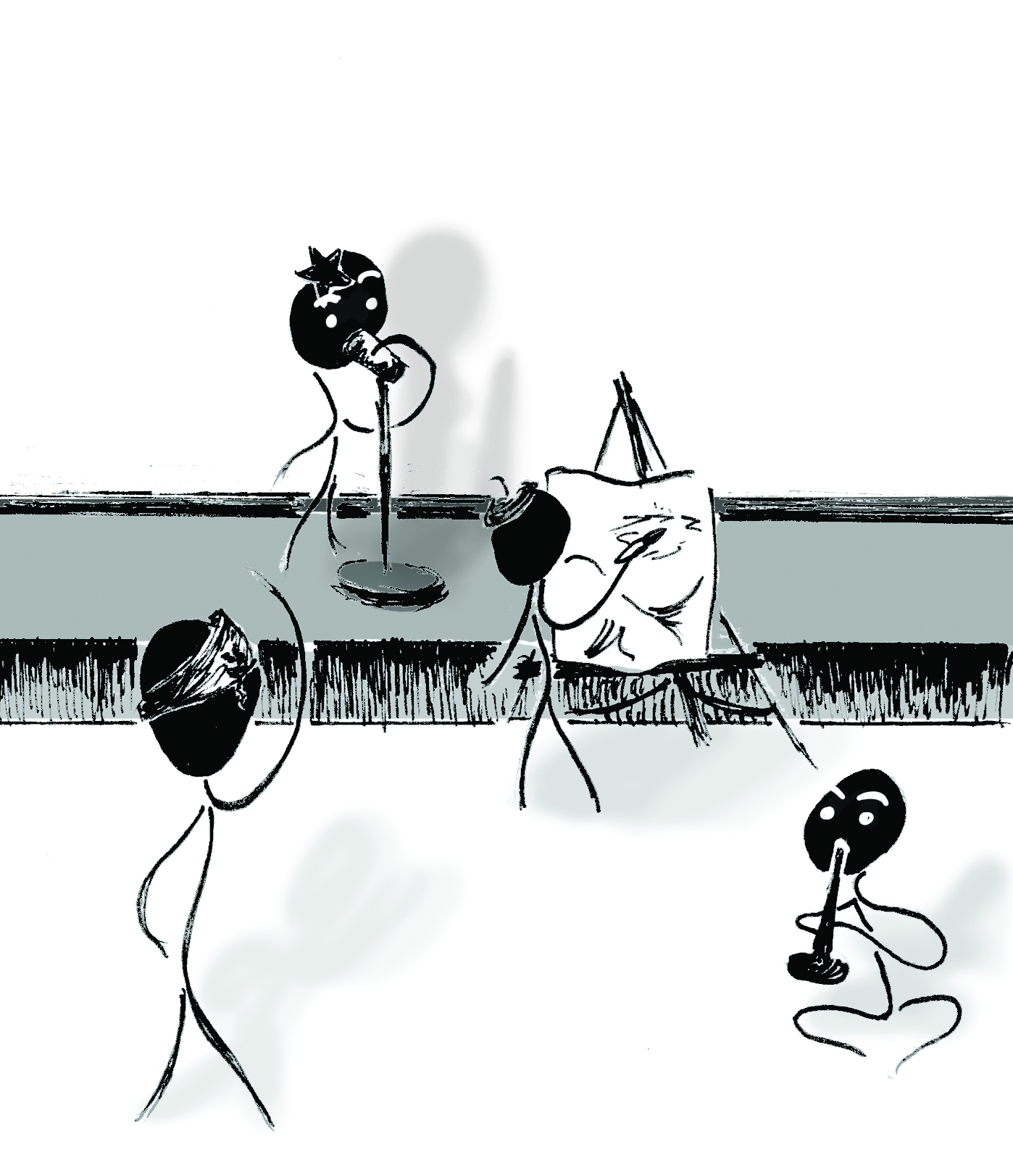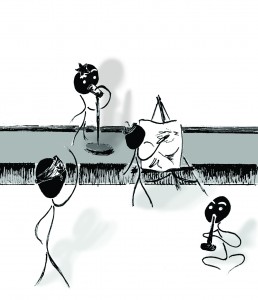Culture in K-W


The City of Waterloo has embarked upon a five to ten year plan to revise and refine culture in Waterloo in an effort to sustain an enhanced quality of life in the rapidly developing city.
The initiative was launched this September at the Fair in the Square in Waterloo, where the city released their discussion guide, through which Waterloo residents can interact with the government.
“The objective is to see from different groups within the city what culture means to our citizens,” explained Shelly Reed, communications specialist with the city of Waterloo. “Culture means different things to different people, so within different contexts, scenarios and environments we’re trying to gather information from people about what they think about culture and what it means to them.”
Reed explained that the city is actively collecting feedback at this point in time. “Right now there’s a couple of things that people can do, they can answer the five questions in our discussion guide. There’s a link there that takes them directly to an online survey with the five questions or they can download a paper copy,” she said.
This can be found at waterloo.ca/cultureplan.
It is becoming increasingly necessary to implement a culture plan with an innovative vision as Waterloo’s cultural portfolio continues to undergo radical change, and the appropriate social infrastructure is needed to reflect that.
“A number of other Ontario municipalities have completed culture plans and are seeing success having done that. So we felt that it was an important next step for Waterloo,” said Beth Rajnovich, who is spearheading the Waterloo project as the policy and performance analyst/project manager for the community, culture and recreation department. “We also did a master plan for community, culture and recreation services a few years ago, and one of the things we heard from the community was that planning around culture was important.”
Rajnovich proceeded to reference the work of Richard Florida, who talks about how people are more inclined to move to cities where there is an excellent quality of life and an abundance of socially engaging opportunities for citizens. She added, “If we want to attract the best talent to Waterloo then it’s to our benefit to have a great cultural scene as well.”
“So far we’ve had a number of people respond to it [the discussion guide], and the answers are really interesting, they’re diverse, people are giving really thoughtful answers, and I think the information we’re getting will be really helpful in shaping what our plan looks like,” Rajnovich said.
Deanna MacNeil, a third-year student at Wilfrid Laurier University and a lifelong local of Waterloo, feels that the city has in fact undergone significant change in recent years.
“I’m not sure if it’s because of the schools, I know that Laurier has grown pretty significantly. As far as my memory goes, not too much has changed about the way uptown is structured, but the establishments have changed quite a bit,” explained MacNeil.
MacNeil concluded that although at this point in time Waterloo may not have the overwhelming bombardment of life and culture the way a traditional metropolis like Toronto may have, “It does have the little quirks of a smaller city trying to become bigger.”

